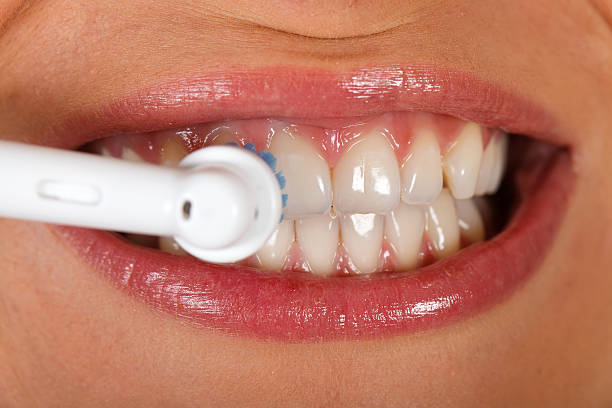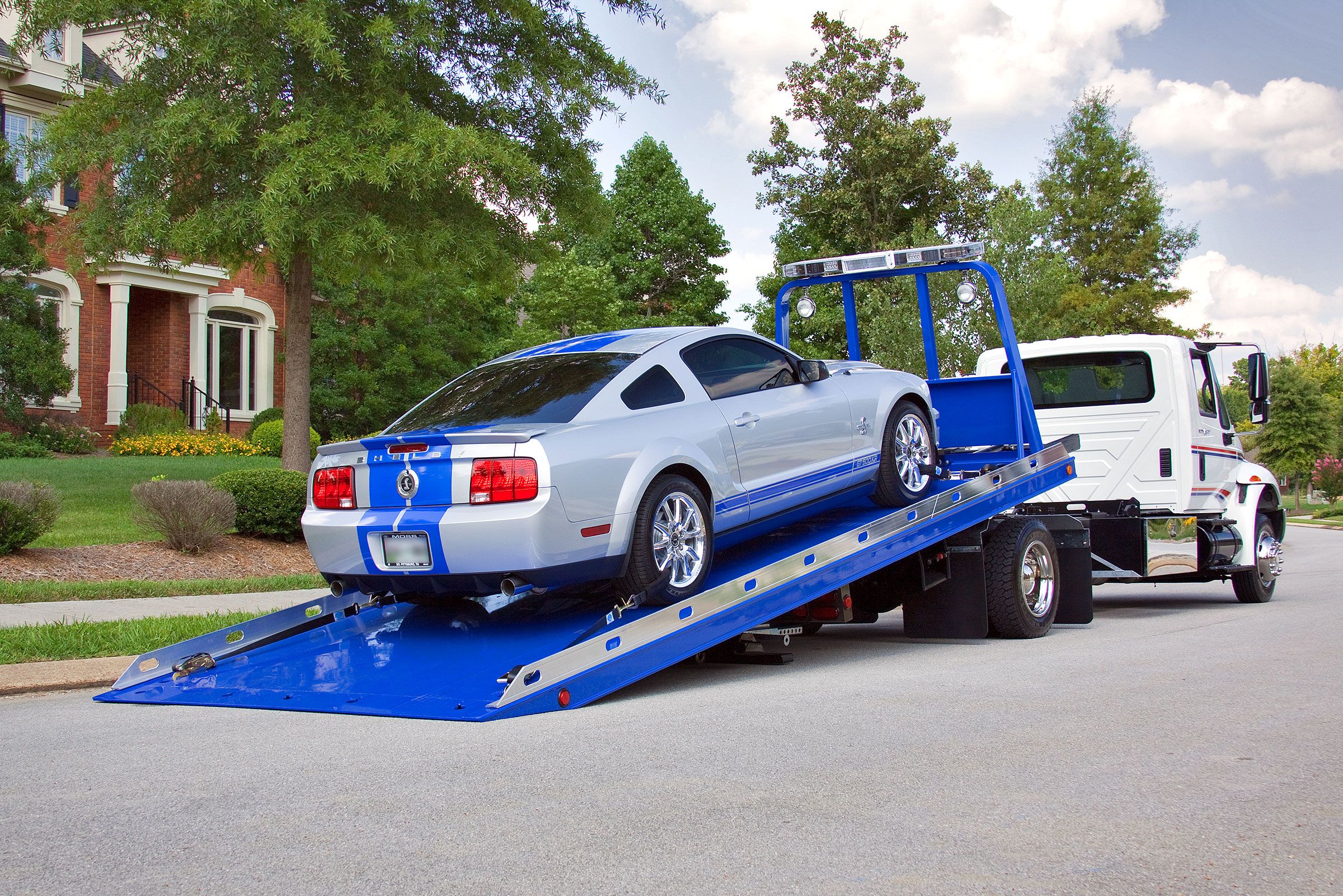Dental emergencies can strike unexpectedly, causing pain, distress, and disruption to your daily life. In Rochdale, having a clear plan for handling such emergencies is crucial. This guide provides essential information on managing common dental emergencies in rochdale and how to seek prompt, effective care in Rochdale.
Common Dental Emergencies and Immediate Actions
- Toothache
A severe toothache can be debilitating. Causes range from cavities and infections to gum disease. For immediate relief:
- Rinse your mouth with warm water.
- Floss gently to remove any trapped food.
- Apply a cold compress to the affected area to reduce swelling.
- Avoid placing aspirin directly on the gums or tooth, as it can cause burns.
If the pain persists for more than a day or is accompanied by fever, seek dental attention immediately.
- Broken or Chipped Tooth
A broken or chipped tooth can occur due to trauma, biting hard substances, or decay. To manage this:
- Rinse your mouth with warm water.
- Apply a cold compress to reduce swelling.
- Save any broken pieces of the tooth and place them in a container with milk or saline solution.
- Avoid chewing on the affected side.
Visit a dentist as soon as possible. The sooner you get professional care, the better the chances of saving the tooth and minimizing damage.
- Knocked-Out Tooth
Losing a tooth can be alarming, but prompt action can increase the chances of saving it. Here’s what to do:
- Handle the tooth by the crown, not the root.
- Gently rinse the tooth with water (do not use soap or scrub it).
- Try to reinsert the tooth into its socket, but if that’s not possible, place it in a container with milk or a saline solution.
- Get to a dentist within 30 minutes to an hour.
A knocked-out tooth has the best chance of being saved if you receive dental care quickly.
- Lost Filling or Crown
Losing a filling or crown can expose your tooth to potential damage and sensitivity. To manage this:
- Clean the affected area gently with a toothbrush.
- If you have the crown or filling, try to reattach it temporarily using dental cement or adhesive.
- Avoid chewing on the affected side until you see a dentist.
A dentist can replace the filling or crown and restore the tooth’s function.
- Abscessed Tooth
An abscess is a localized infection in the tooth or gum that can cause severe pain and swelling. Symptoms include:
- Severe, throbbing pain.
- Swelling in the face or jaw.
- Fever and a bad taste in the mouth.
To manage an abscess temporarily:
- Rinse with warm, salty water to help reduce pain and swelling.
- Apply a cold compress to the outside of your mouth.
- Avoid hot or cold foods and drinks.
An abscess requires immediate dental treatment to drain the infection and prevent complications.
- Broken Jaw
A broken jaw is a serious injury that often results from trauma. Signs include:
- Severe pain.
- Swelling or bruising in the jaw area.
- Difficulty moving the jaw or speaking.
Immediate actions include:
- Apply a cold compress to reduce swelling.
- Avoid moving the jaw as much as possible.
- Seek emergency medical care right away.
A broken jaw needs professional evaluation and treatment to ensure proper healing.
Finding Emergency Dental Care in Rochdale
In Rochdale, several dental practices offer emergency care services. Here’s how to find the right one for your needs:
- Local Dental Practices
Many dental clinics in Rochdale provide emergency services. Look for practices that advertise emergency appointments or have dedicated emergency hours. Contact them directly to explain your situation and get guidance on the next steps.
- NHS Emergency Services
If you cannot find a private dentist, the NHS provides emergency dental services. Visit the NHS website or call NHS Direct (111) for advice and to locate an emergency dental clinic.
- Out-of-Hours Dental Care
Some dental clinics offer out-of-hours services for emergencies. Check with local practices about their availability during evenings or weekends. An after-hours dental service can address urgent issues when regular clinics are closed.
- Hospital Emergency Departments
For severe dental emergencies, such as significant trauma or uncontrollable bleeding, the nearest hospital emergency department can provide initial care and refer you to a dental specialist if necessary.
Preventing Dental Emergencies
While it’s crucial to know how to handle dental emergencies, prevention is key. Here are some tips to minimize the risk of dental issues:
- Regular Check-ups
Routine dental check-ups can help detect problems before they escalate into emergencies. Schedule visits every six months to maintain oral health.
- Good Oral Hygiene
Brushing twice a day, flossing daily, and using fluoride toothpaste can help prevent cavities and gum disease.
- Protective Gear
If you play contact sports, use a mouthguard to protect your teeth from injury.
- Avoid Hard Foods
Avoid chewing on hard objects or foods that could damage your teeth.
Conclusion
Dental emergencies in Rochdale require prompt attention to alleviate pain and prevent further damage. Whether it’s a toothache, broken tooth, or more severe issue, knowing how to handle the situation and where to seek care is essential. By following the advice in this guide, you can navigate dental emergencies with confidence and ensure that you receive the appropriate treatment when needed. Remember, the sooner you address a dental emergency, the better the outcome for your oral health.




